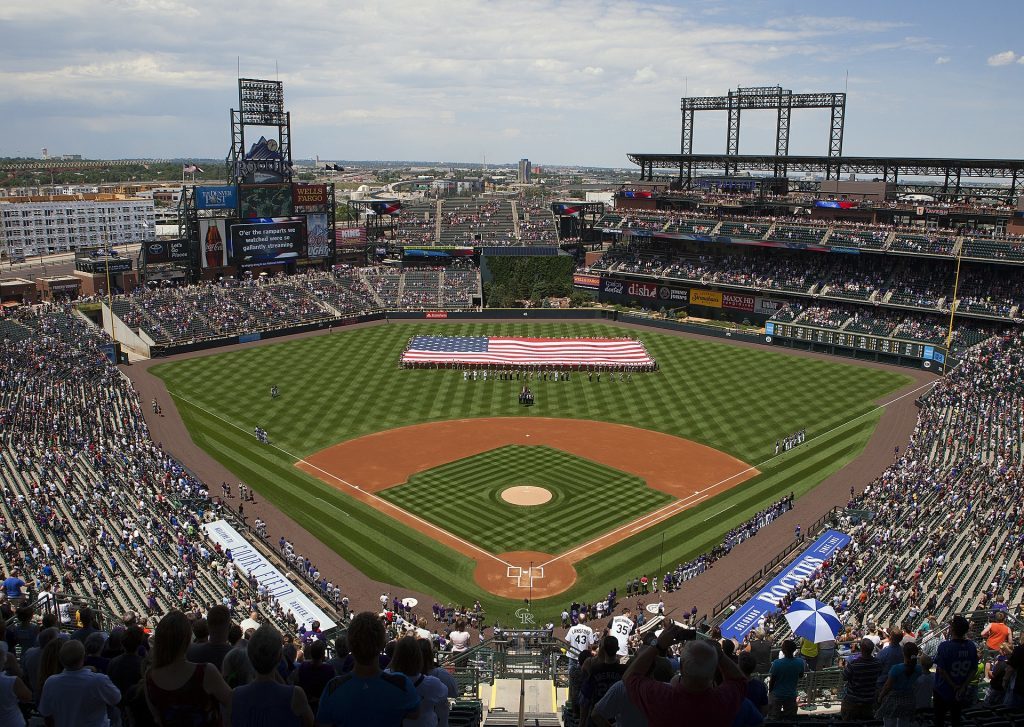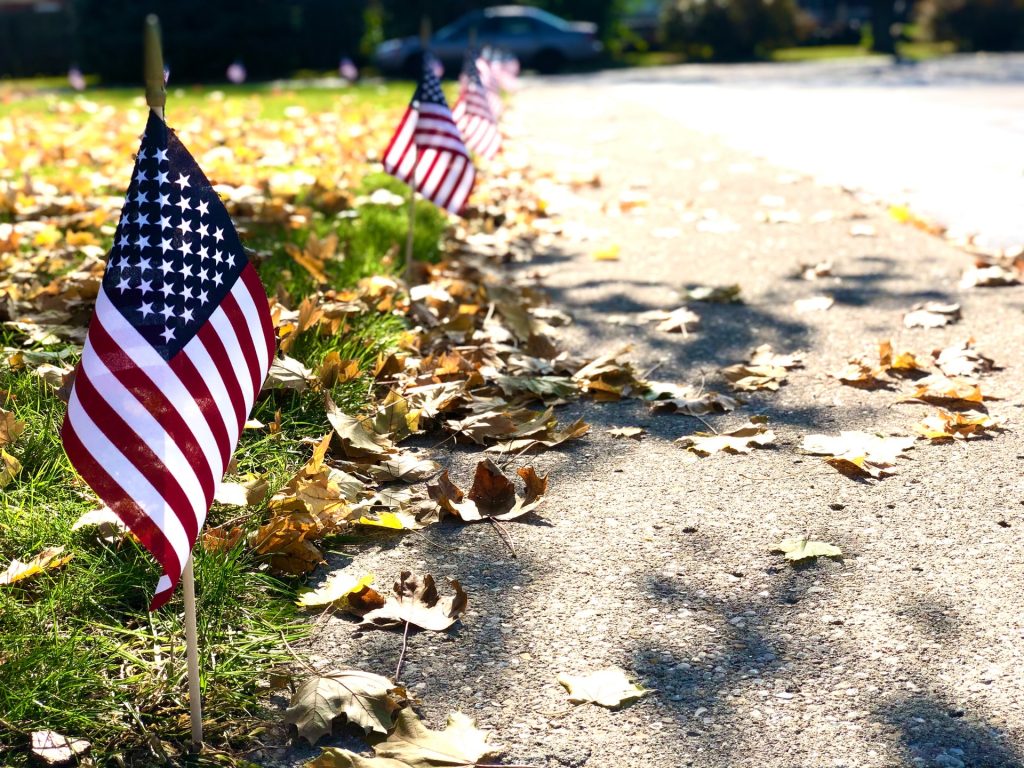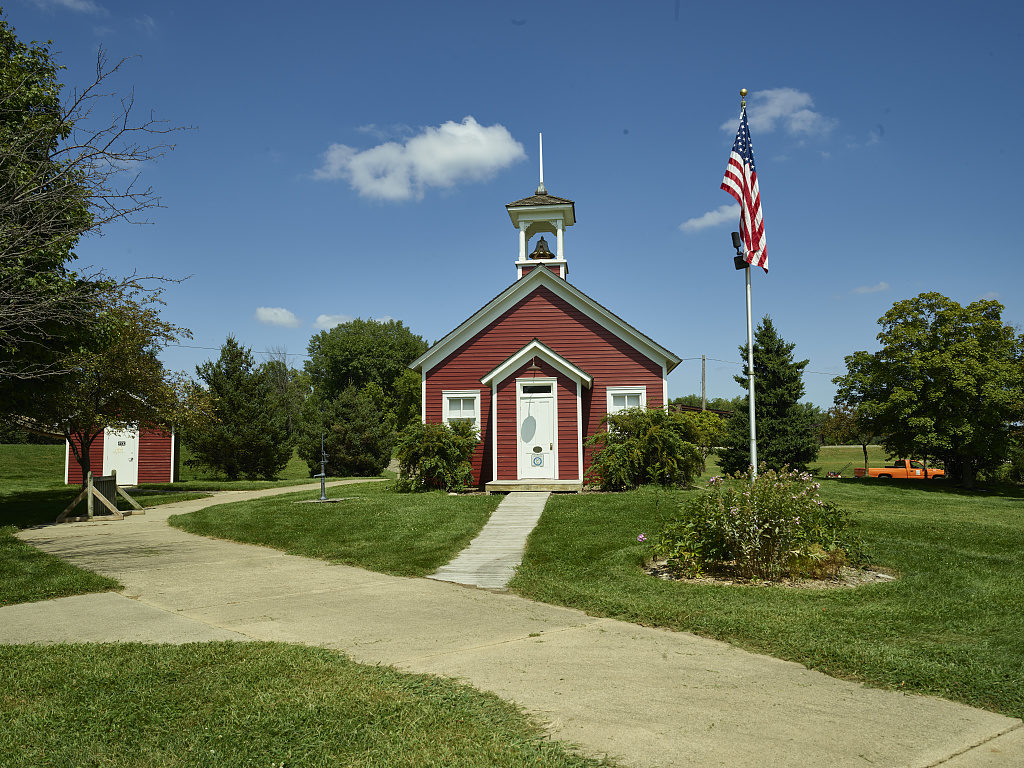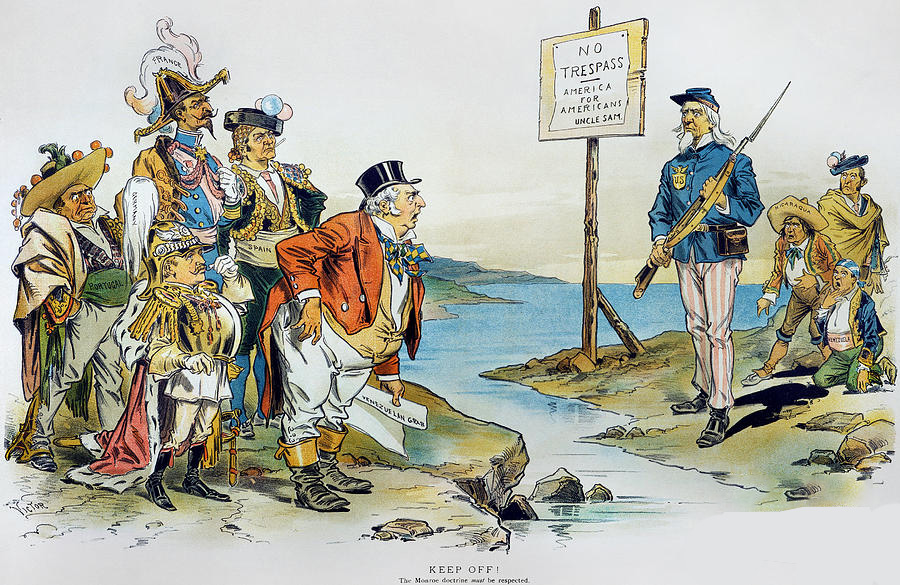Until the work of racial reconciliation in the U.S. is done, questions will remain and the Star Spangled Banner will fall short of fitting snugly and comfortably on the proud shoulders of those who expect more from their country. In 2016, Colin Kaepernick’s act of kneeling down during the Star Spangled Banner was a symbolic […]
Latest Articles
The Mystic Chords Of Memory: Reflections on American Identity II
A pervading theme of Madison’s and Lincoln’s reflections on American identity is the moral and psychological realism that informs both men’s reflections. The second installment of a two-part essay. In Part I of these reflections, I observed that the Founders along with Abraham Lincoln held Americans to be a distinctively creedal people, united in their […]
The Mystic Chords Of Memory: Reflections on American Identity I
Disputes touching the question of national identity have arisen throughout our history. Overarching all such disputes is the fundamental question: What does it mean to be an American? The first installment of a two-part essay. The question of American identity is much on our minds. It has been on our minds for a period well […]
Let Middlebury be Middlebury. And BYU be BYU
DeVos and Trump trumpet school choice in the spirit of deregulation and in the service of equal citizenship. The same opportunities for a variety of kinds of quality education should be available to everyone—and not just folks in their bubbles. The focus should be on sustaining through deregulation the diversity in our whole system of […]
America First but not America Over Others
When Donald Trump states that our nation’s interests come first, he is indeed following in the Founders’ footsteps. Putting American self-interest first does not, though, imply a crassly selfish or imperialistic disregard for the interests and rights of other nations. When the newly anointed president of the United States proclaimed that it was now time […]





